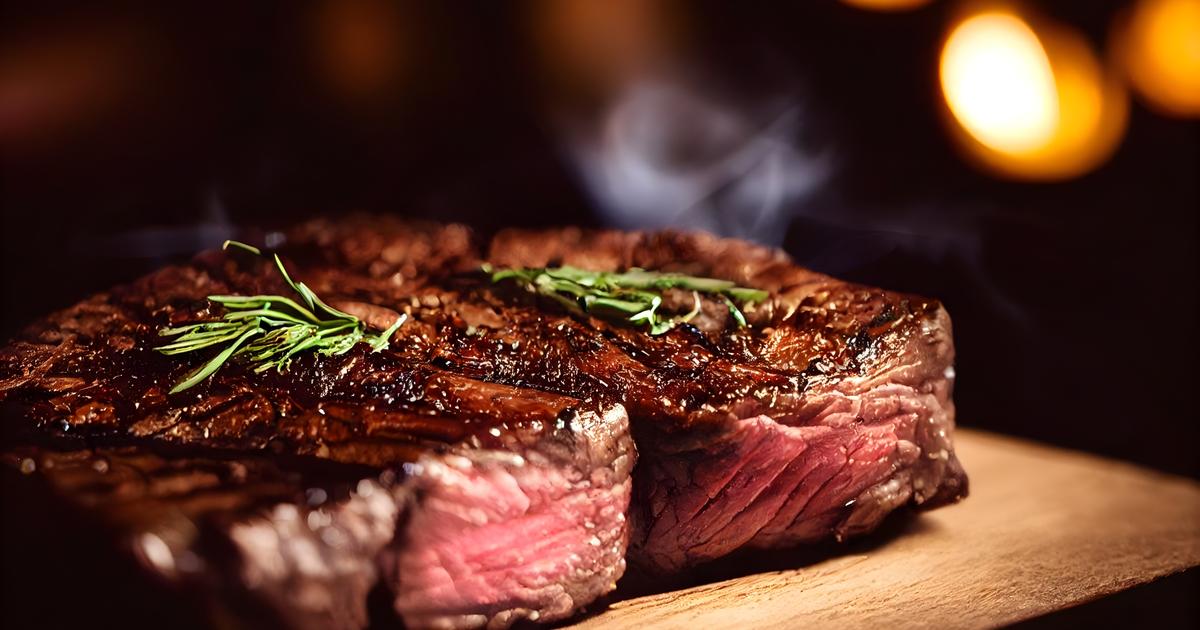It has been six months since a case of sesame seeds imported from India and contaminated with ethylene oxide, a banned pesticide, has plagued Europe.
Six months of non-standard recalls affecting a number of branded products, private labels and even organic products.
No luck, the food industry has become accustomed in recent years to sprinkle sesame on their breads, their aperitif biscuits, their oils, their vegetable purees… to give them sometimes flavor, sometimes crunch.
“It's new!
Even during the horse meat crisis, withdrawals had not been of such magnitude, ”says Jérôme Ginet, from the food division of Eurofins, the specialist in food and pharmaceutical tests, who had to reactivate a second laboratory in Germany to meet industrial demand.
The scandal extends to tea, rice, but especially pepper
According to the General Directorate for Competition, Consumption and Fraud Control (DGCCRF), more than 1,000 consumer product references have been recalled since the start of the crisis.
But in recent days, the scandal has spread to tea, rice, but especially spices, especially pepper, scattered in cascade in heaps of processed dishes, such as buckwheat pancakes, bouillon cubes, tomato sauce, paella ...
Sesame seeds first appeared on our plates twenty years ago.
They are said to be packed with antioxidants, vitamins, minerals and essential fatty acids.
Nutritional advantages which prompted India to bet from 2012 on this superfood with high added value.
To the point of becoming in 2019 the third world producer (according to the FAO).
Only here, a few years ago, the European Union, annoyed to intercept sesame seeds contaminated with salmonella from India, put strong pressure on the country to remedy it.
The players in the sector were quick to find the solution: sprinkle the sesame seeds with ethylene oxide to eliminate all traces of bacteria and mold.
You had to think about it.
Except that its use has been banned in Europe since 1991 as a pesticide, and 2011 as a biocide.
90% of checks are done on document ...
From the outset, the European Commission wanted to give a strong signal: since last autumn every second batch of sesame seeds from India has been physically checked at EU border posts.
The memory of the case of the Spanish cucumbers wrongly accused in 2011 of having caused the death of about fifty people marked the spirits in Brussels (organic germinated seeds contaminated with the bacterium E. coli imported from Egypt were in reality in question).
"This crisis had revealed dysfunctions in management on the part of the authorities," recalls the lawyer specializing in food law Katia Merten-Lentz.
This time it's zero tolerance.
In France, the DGCCRF went even further: 100% of the batches must be checked.
Since when do these sesame seeds contaminated with ethylene oxide circulate in France?
Impossible to know.
Europe is a sieve.
"90% of controls are done on document", castigates Senator LR Laurent Duplomb (farmer by trade), author of a report on the failures of import controls.
This case, in any case, has all the characteristics of a large-scale characterized fraud.
“What is surprising, underlines the NGO Foodwatch, is that nowhere in Europe have manufacturers thought of checking their supply chain”.
However, since the mad cow affair, companies have an obligation to control their risks.
They must identify the threats to which they are exposed, carry out self-checks and ensure that their suppliers are properly audited.
Concretely, this means that they should have included ethylene oxide in the spectrum of their research.
Because, in recent years, some Member States had sounded the alarm after discovering it on spices.
READ ALSO>
The list of the most frequent frauds
What to wonder about the impact that this affair can have in the long term on the health of consumers.
In September, when the scandal broke, the levels of ethylene oxide in some batches of sesame seeds from India were sometimes more than a thousand times higher than the maximum residue limit (MRL) allowed, namely 0, 05 mg / kg.
"Such levels of contamination represent a serious risk to health," said the European Commission, because ethylene oxide is classified as mutagenic, carcinogenic and toxic to reproduction.
However, the Member States did not consider it necessary to contact EFSA (the European Food Safety Agency).
As for its French equivalent, ANSES, it considers that the decision to withdraw the incriminated products from the market constitutes "an act of clear management of avoiding exposure".
In short, that a risk assessment is not necessary.
Move along, nothing to see.
Products bought before the scandal still in our cupboards
However, as we have seen previously, without knowing the exact extent of it, the problem existed long before the fall.
But then, what will happen to those sesame seeds, these mixes of spices and these oils bought by consumers before the affair and stored in the back of their cupboards?
"Especially since these products have a very long expiration date for optimal use (DLUO) and the affair is after all little publicized", alarmed a unionist from the DGCCRF.
The magazine 60 Million Consumers also wonders: "Why haven't the authorities imposed the removal from the shelves of all products containing Indian sesame from the first alerts, even if it means reintegrating compliant products after analysis?"
"
Because it can happen, time, between the detection of an anomaly and its recall by the authorities.
While the fraud was discovered on September 9 in Belgium, it was not until October 12 that the DGCCRF published an alert on its site, three days after a crisis meeting in Brussels.
The least we can say is that the recalls in France are somewhat cacophonous.
Normally, it is the responsibility of the brand that markets the product to withdraw it, but it is up to the authorities responsible for consumer protection to relay the information to as many people as possible.
The government had been promising for many months a single website supposed to bring together all recalls of dangerous food products.
Baptized Recall Conso, it was finally launched this week.
Eat well newsletter
A newsletter that will delight you!
Subscribe to the newsletterAll newsletters
Certainly, the consumer has little risk of poisoning himself with a pinch of sesame seeds.
But there, in recent weeks, the entire food chain is likely to be contaminated on a large scale.
What to wonder about the impact of a prolonged exposure to low dose on our health.
And the fact that sesame seeds are regarded in India as a symbol of immortality will unfortunately do nothing.




/cloudfront-eu-central-1.images.arcpublishing.com/prisa/D7W7H5QIYFDWBFZUDGT2MIB6YY.jpg)










